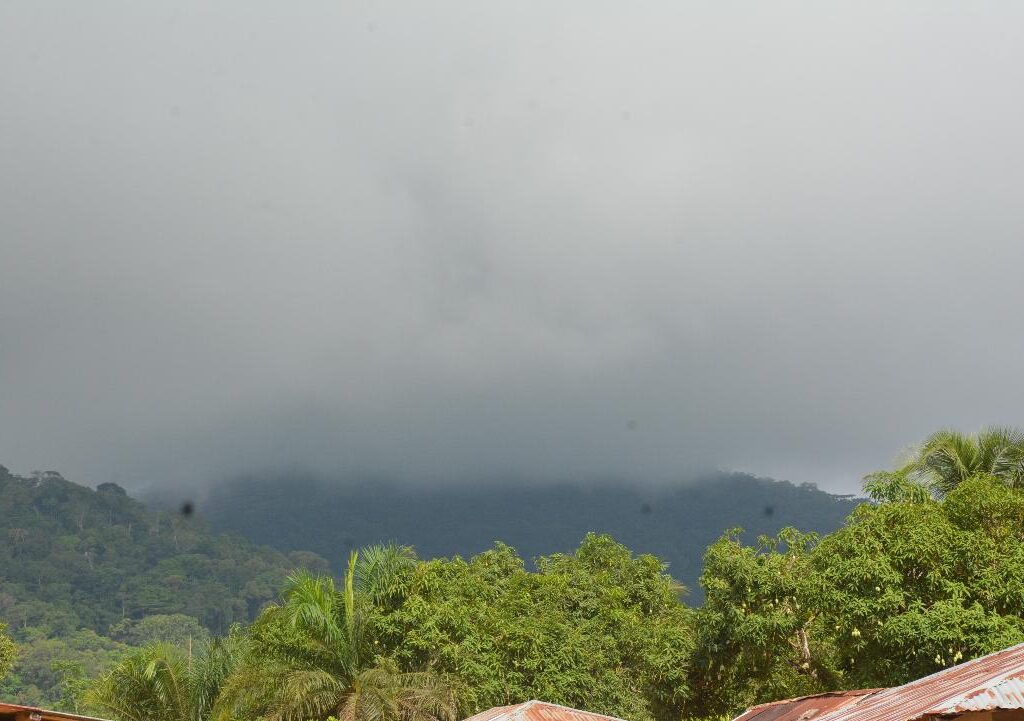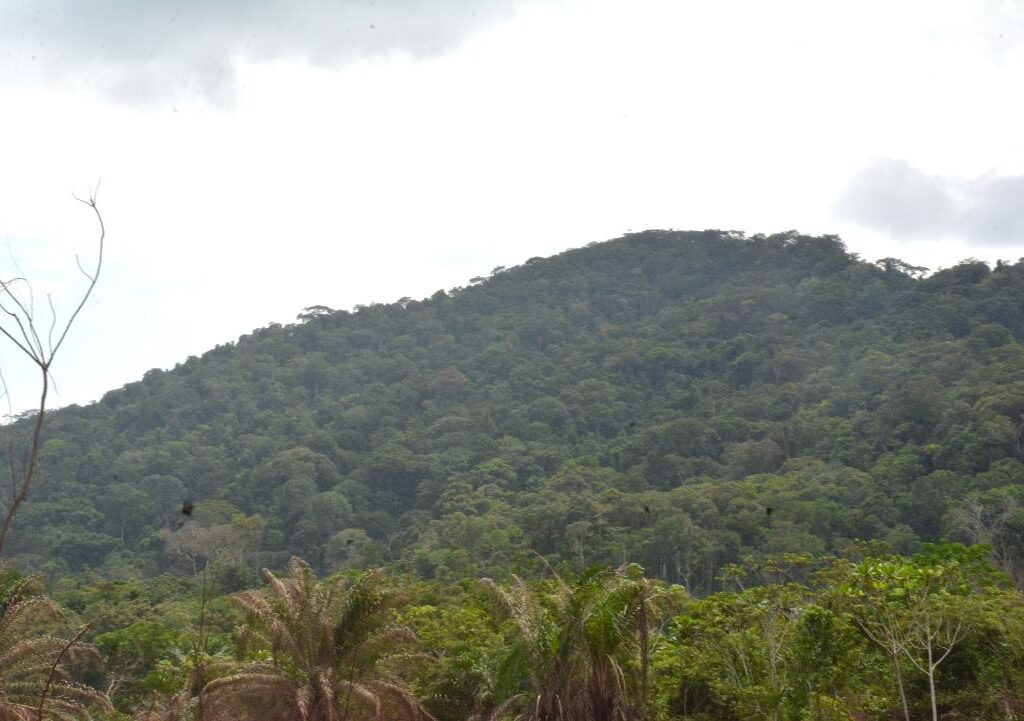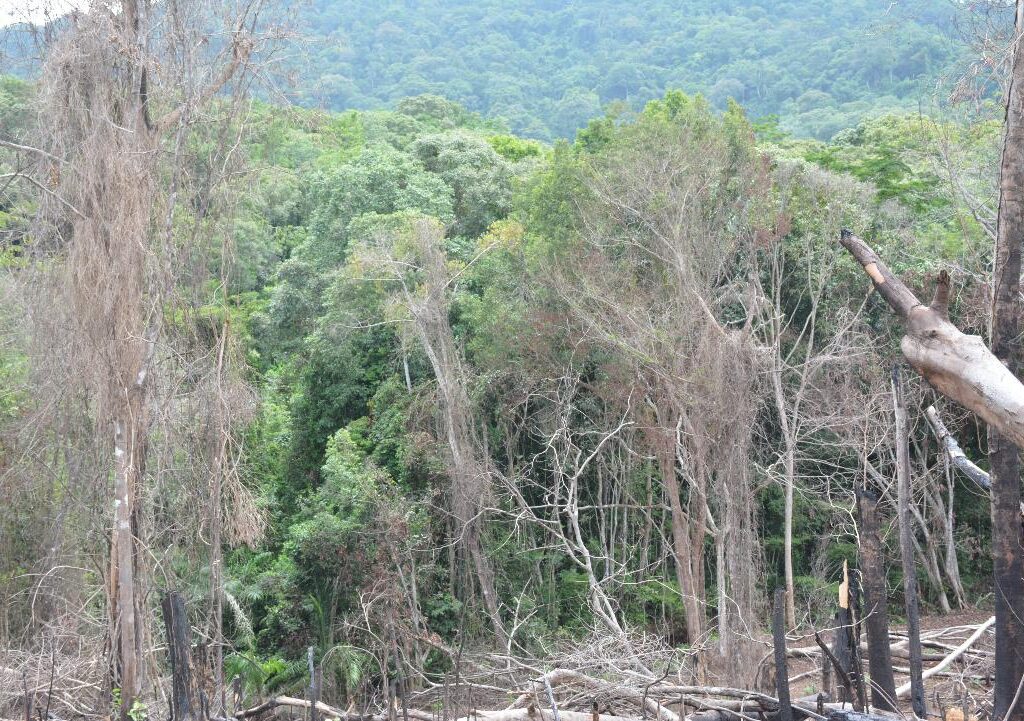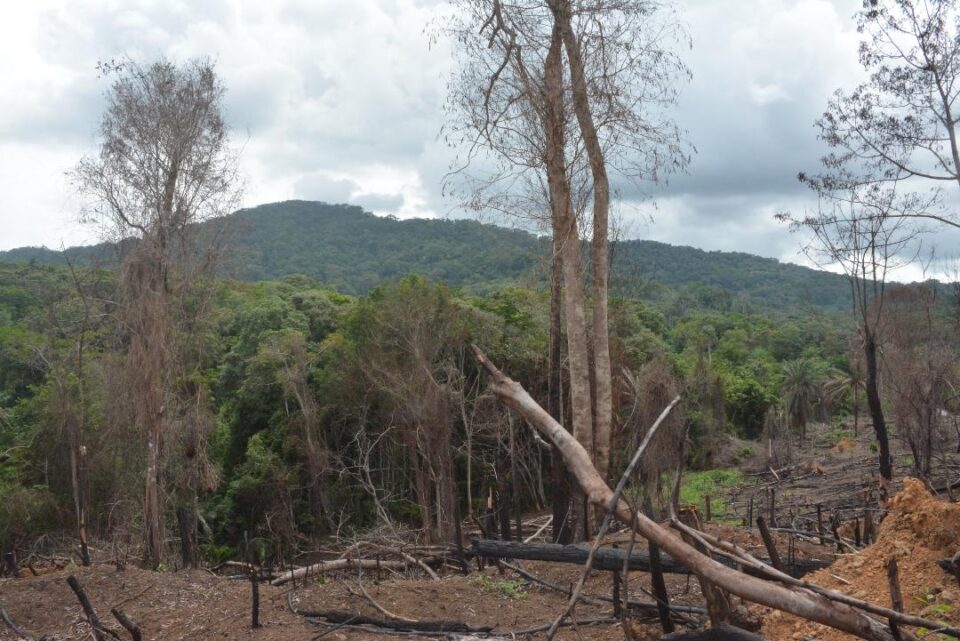A Call to Action For National Stewardship In Land Restoration In Liberia
By UNDP Liberia Resident Representative a.i. Louis Kuukpen
Monrovia, Liberia; June 3, 2024: Imagine a future where Liberia’s lands are once again lush and vibrant, teeming with life and supporting thriving communities. Today, we stand at a crucial crossroads where the actions we take can make this vision a reality. As we celebrate World Environment Day, on June 5, 2024, with the global theme “Land restoration, desertification, and drought resilience”, we are called to embark on a transformative journey of land restoration that will secure a prosperous future for generations to come.
Liberia’s commitment to environmental protection is longstanding. Since the nation participated in the historic 1972 United Nations Conference on the Environment in Stockholm, Liberia has made some strides in addressing environmental challenges. The establishment of the Environmental Protection Agency (EPA) in 2002 marked a critical milestone in the country’s national efforts to safeguard its natural resources and promote sustainable development.

However, between 2019 and 2023, more than 100 million hectares of healthy, productive land were degraded each year globally, adding up to twice the size of Greenland. If current trends continue, the world will need to restore an excess of 1.5 billion hectares of degraded land by 2030 to achieve a land-degradation-neutral world, a target enshrined in the Sustainable Development Goals (SDGs). Sub-Saharan Africa is particularly affected, with 163 million hectares of land succumbing to degradation since 2015—equivalent to losing more than 100 football pitches every minute (Thiaw, 2023).
Liberia’s National Report on the Land Degradation Neutrality Target Setting Program submitted to the United Nations Convention to Combat Desertification notes that land cover change information for the period 2001-2015 in which a total area of forest decreased by 2,423 km² or 5.25% of the total area of the country, while the total area of grassland decreased by 10 km² or 3.60%. The total area of cropland increased by 2,381 km² or 4.9%. The area of wetland also decreased by 3 km² or 1.05%, and artificial surfaces increased by 64 km² or 35.2%.

As a signatory to the United Nations Convention to Combat Desertification (UNCCD), Liberia is committed to achieving the SDGs, including SDG 15.3, which aims for Land Degradation Neutrality by 2030. The country is actively participating in the Land Degradation Neutrality Target Setting Program (LDN TSP). This initiative involves extensive collaboration between the EPA, government agencies, and local communities to develop and implement strategies to halt and reverse land degradation.
To achieve Land Degradation Neutrality by 2030, Liberia has set ambitious targets:
National Scale: Achieve LDN and improve an additional 10% of the national landscape.
Sub-National Scale (Counties): Specific targets include achieving LDN in selected districts across seven counties—Lofa, Nimba, Gbarpolu, Grand Bassa, Grand Gedeh, Rivercess, and Grand Kru—by 2030, with country-specific improvements in degraded landscapes.
To address land degradation effectively, Liberia needs to adopt a comprehensive and collaborative approach. this calls for the nation to prioritize some important actions such as:
Reforestation and Afforestation Initiatives: Liberia’s forests are vital to its ecological balance, carbon sequestration, and biodiversity. Initiatives to replant trees and restore forest landscapes will help reverse the damage caused by deforestation and create resilient ecosystems. This calls for the implementation of Liberia’s revised Nationally Determined Contributions of 2021 with a target to restore about 25% of priority degraded forest land by 2030.
Promoting Sustainable Agriculture: By implementing sustainable farming practices such as agroforestry, crop rotation, and organic farming, Liberia can improve soil health, enhance agricultural productivity, and reduce environmental impacts. Empowering farmers with knowledge and resources is essential for this transition which aligns with the National Adaptation Plan of Liberia (NAP 2020-2030).
Community Engagement and Education: Engaging local communities in land restoration projects ensures the sustainability of these efforts. Educational programs can raise awareness about the importance of land stewardship and empower communities to take proactive measures.
Strengthening Policy and Governance: Effective land restoration requires robust policies and governance structures. This includes enforcing regulations against illegal logging, providing incentives for sustainable land use, and integrating land restoration into national development plans in keeping with the National Environmental Action Plan of Liberia.
Achieving Liberia’s land restoration goals requires the active involvement of all stakeholders. Each sector—government, private industry, NGOs, community groups, and individuals—has a critical role to play.

The government needs to lead this initiative by implementing policies that promote sustainable land management. Collaboration with international partners will be essential to access expertise and resources for large-scale restoration projects across the country. The private sector can drive innovation and investment in sustainable practices through its investments and corporate social responsibility commitments to communities where they operate. By integrating sustainability into their operations and supporting environmental initiatives that contribute to land restoration, the private sector can be a key player in achieving sustainable development in Liberia.
Non-governmental organizations and community groups are at the forefront of grassroots action. Their efforts in conservation, education, and sustainable development are invaluable. Supporting these organizations will amplify their impact and ensure local solutions are prioritized. Every Liberian can contribute to land restoration. Simple actions, such as planting trees, conserving water, and advocating for sustainable practices, can collectively make a significant impact. Now is the time for all Liberians, friends, and partners of Liberians including women and youth, to take on the responsibility as stewards of the environment.
As we observe World Environment Day 2024, let us commit to national action “Our Land. Our Future.” Land restoration is not just about protecting our environment; it is about securing an inclusive and sustainable future. By working together—government, private sector, communities, and individuals—we can restore our lands, improve our livelihoods, and build a resilient future for Liberia.
Let us move forward with determination, unity, and hope. Together, with boys, men, women, girls, and persons with disability, we can revitalize our environment, restore our lands, and create a legacy of sustainability for generations to come.

